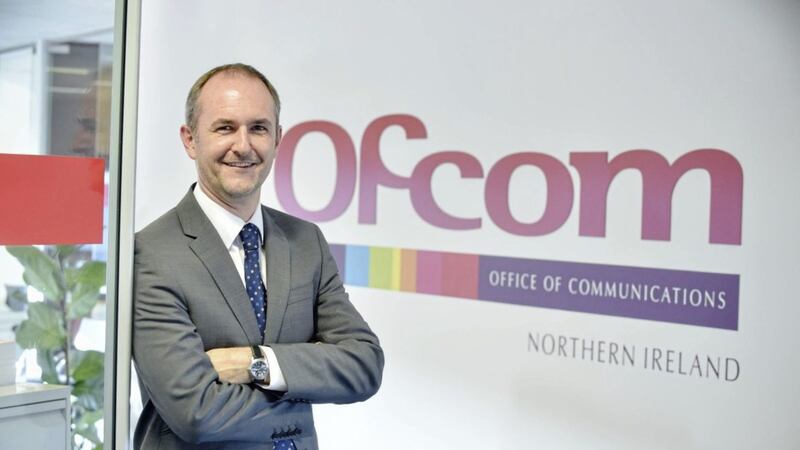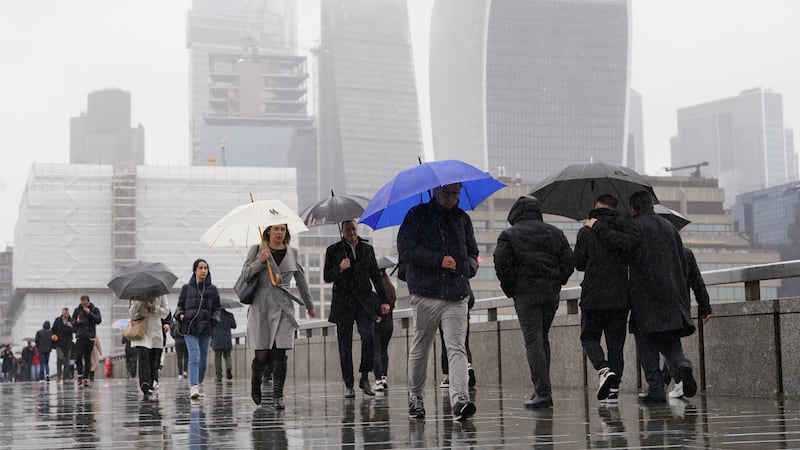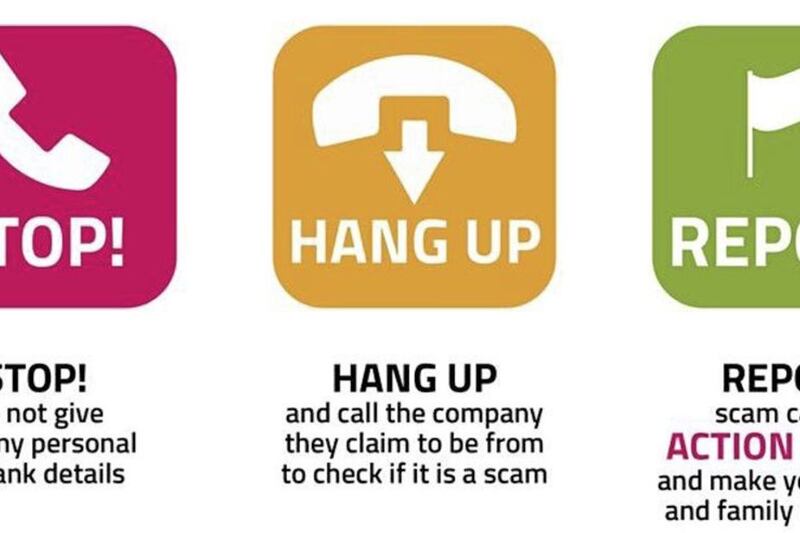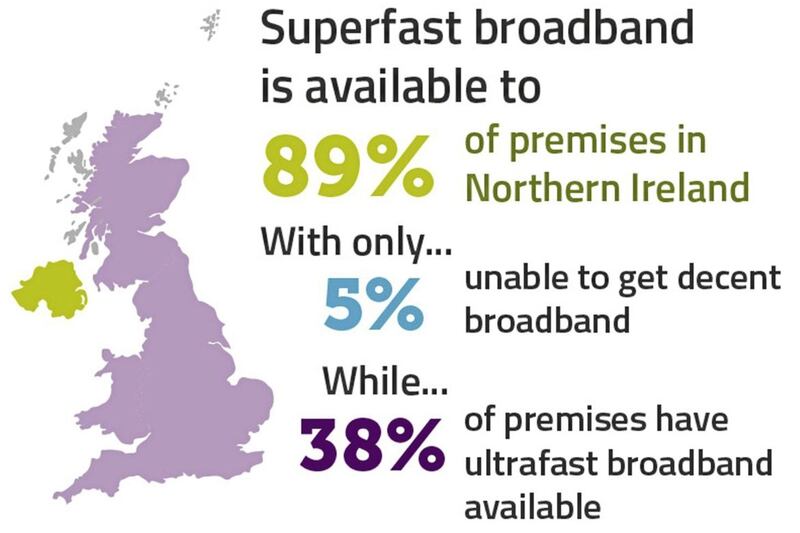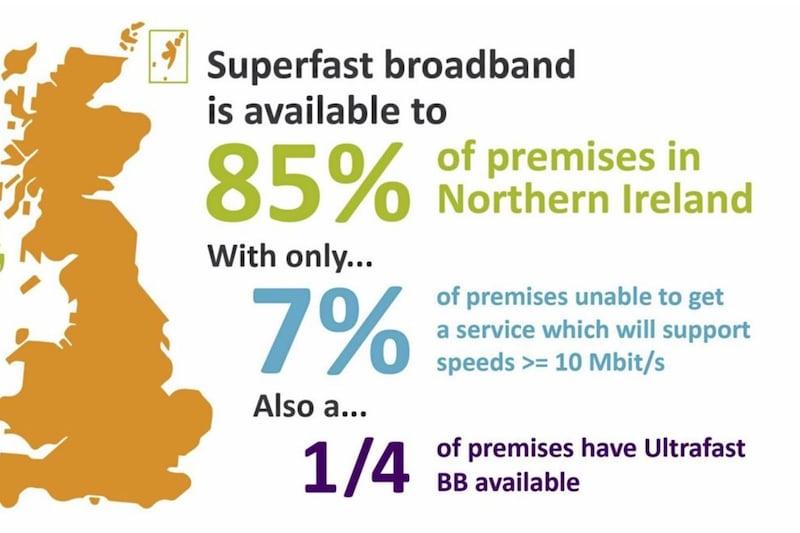PLATFORM
Jonathan Rose
Ofcom Northern Ireland Director
TELEVISION has never been more popular or played a more important part in the life, culture and economy of Northern Ireland.
We have always enjoyed rich and diverse broadcasting, ever since the first BBC television services and then UTV were launched back in the 1950s. But today, record investment and global productions have put the industry here in the spotlight as never before.
Northern Ireland has provided the backdrop for a string of major television series in recent years, including BBC productions such as The Fall and Line of Duty. Northern Ireland’s creative hothouse has started to gain global recognition, with the hit series Game of Thrones known far beyond these shores.
Public funding and the excellent work of Northern Ireland Screen have played a key role in these recent and notable successes.
As the UK-wide broadcasting regulator, we know it’s important for broadcasters not simply to reflect cultural differences and the separate devolved arrangements in Scotland, Wales, and Northern Ireland , but also – more fundamentally – to give viewers what they want. Our research consistently tells us that people value content for and about Northern Ireland – programmes about local issues and people, as well as news about their area.
Indeed, Ofcom research shows seven in ten adults in Northern Ireland say TV is their most important source of news. And tellingly, the most popular shows here last year all had a local flavour – from ITV drama The Secret, watched by nearly a third of people in Northern Ireland, to the football team’s exploits at the European Championships.
Viewers in Northern Ireland also have tremendous choice when it comes to TV, with homes able to receive Northern Ireland, UK, and Republic of Ireland channels, including RTÉ and TG4.
But a quarter of Northern Ireland viewers say they feel negatively portrayed on TV. All broadcasters need to do more to address this and the BBC can help play a leading role. Its local programmes, news and radio stations play a significant role in the everyday lives of people in Northern Ireland.
We want the BBC to focus more than ever on quality programmes that reflect and represent modern society in Northern Ireland. So today we’ve published a new licence for the BBC, which introduces safeguards to ensure the corporation delivers for the people of Northern Ireland.
From next year, we’re upping the amount of news and current and affairs that BBC One Northern Ireland has to broadcast. That channel, and BBC Two NI, will also be required to offer programmes on a range of subjects that reflect Northern Ireland culture.
Likewise, Radio Ulster and Radio Foyle must broadcast content and music of particular relevance to Northern Ireland. And we’ve added new protections for minority languages, with guaranteed amounts of programmes in Irish and Ulster-Scots on BBC Two and the local radio stations, as well as online. The website must also offer dedicated coverage of Northern Ireland sports.
We also believe that every region should get its fair share of the BBC’s creative and economic benefits. So, for the first time, the BBC must spend the same amount on programmes, per head, in Northern Ireland as it does in the UK.
As we regulate the whole broadcasting landscape, we’ll keep listening to Northern Ireland’s viewers and listeners to understand their priorities. And we’ll work with broadcasters to uphold the high standards that audiences expect.
